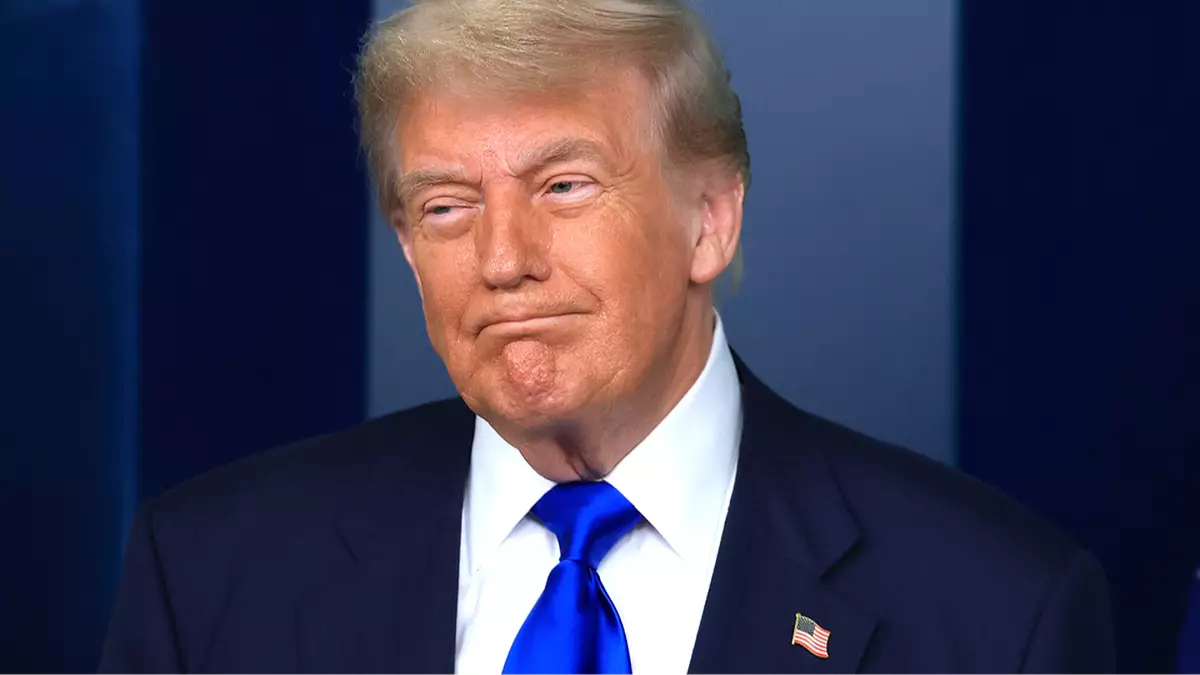Donald Trump has responded to a reporter who he claimed asked ‘the best question’ he had ‘ever been asked’.
In a press conference at the White House, Trump was asked about his reaction to economist Torsten Sl酶k claiming he may have ‘outsmarted everyone’ with his tariffs.
To recap, when Trump was inaugurated in January, he set about placing heavy levies on some of America’s most vital trading partners – Canada, Mexico and China, before then implementing taxes on imports.
Despite criticism at the time, the US economy is now operating from a position of strength, with the stock markets S&P 500 and Nasdaq both recording a record closing high on Friday (June 27) as stocks surged.
Despite Apollo Global Management’s Torsten Sl酶k, who works as the investment giant’s chief economist, warning the government that its tariffs could trigger a recession, he seems to have now changed his opinion.
At the press conference this week, one reporter asked: “Mr. President, a leading global economist just did a one-eighty and says your tariff plan, you may have outsmarted everybody with it. What is your message?”
Trump responded: “I love this. I love this question. This is the favorite. This is the best question I鈥檝e ever been asked because I鈥檝e been going through abuse for years on this.
“Because, as you know, we鈥檙e taking in hundreds of billions of dollars, no inflation whatsoever.”
The reporter then followed up, asking the president for his message to critics, who believed his tariffs could lead to a recession.
“I think they should go back to business school,” he said.
“It鈥檚 so obvious. It鈥檚 so obvious. I mean, we鈥檙e taking in billions and billions of dollars from China and a lot of other countries.”
Taking to his blog for Apollo Academy on June 21, Sl酶k explained his change of heart.
He wrote: “As we approach the Trump administration鈥檚 self-imposed 90-day deadline for trade deals, markets are starting to speculate about what comes next. The longer uncertainty remains elevated, the more negative its impact on the economy, as shown in the chart below.
“Maybe the strategy is to maintain 30 percent tariffs on China and 10 percent tariffs on all other countries and then give all countries 12 months to lower non-tariff barriers and open up their economies to trade.
“Extending the deadline one year would give countries and US domestic businesses time to adjust to the new world with permanently higher tariffs, and it would also result in an immediate decline in uncertainty, which would be positive for business planning, employment, and financial markets.”
Sl酶k continued: “This would seem like a victory for the world and yet would produce $400 billion of annual revenue for US taxpayers.
“Trade partners will be happy with only 10% tariffs and US tax revenue will go up. Maybe the administration has outsmarted all of us.”
